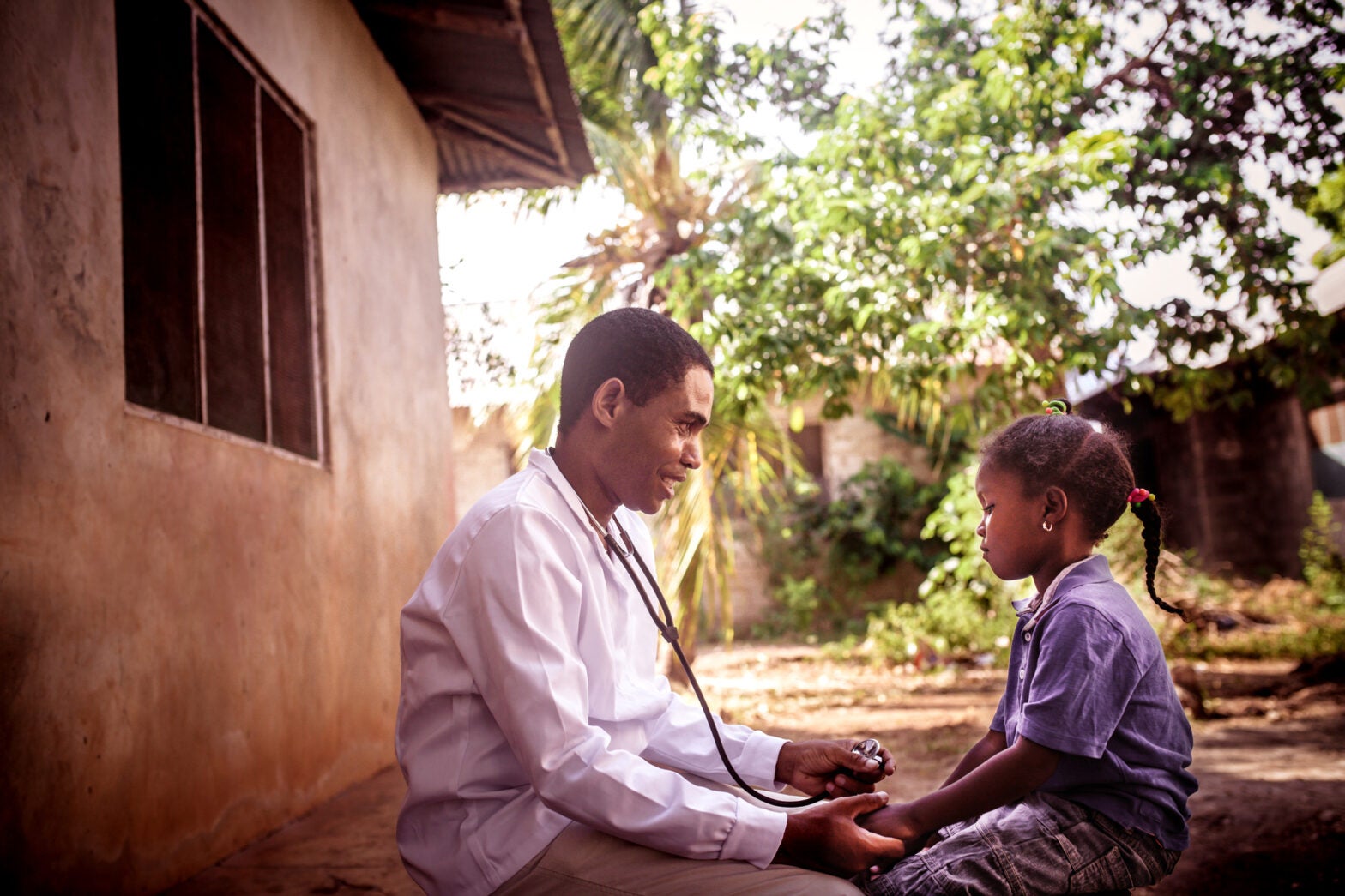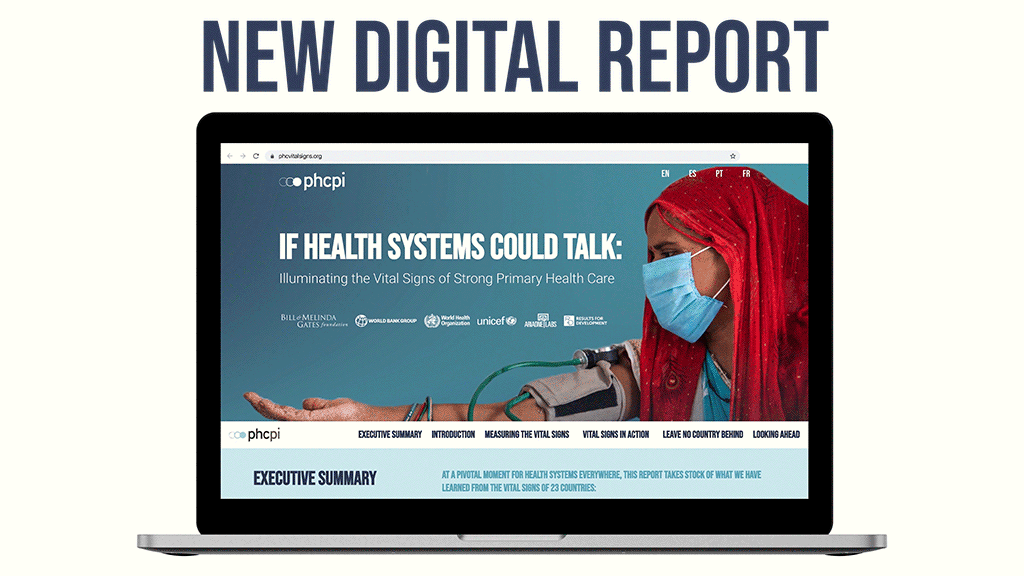Primary health care is the foundation of strong health systems everywhere. Better measurement of how well primary health care systems are functioning can support changes needed to achieve resilient, quality health care for all.
In October 2018 leaders from around the world convened at the Global Conference on Primary Health Care in Astana, Kazakhstan to endorse the Declaration of Astana, a renewed commitment to strengthen primary care worldwide and work toward achieving universal health care. During the conference, the Primary Health Care Performance Initiative (PHCPI) debuted the first Vital Signs Profile – an innovative method to capture a snapshot of the strengths and weaknesses of a country’s primary health care system.
Since 2013, Ariadne Labs has been a founding member of PHCPI, a partnership between Ariadne Labs, the Bill & Melinda Gates Foundation, the World Health Organization, the World Bank Group, UNICEF, the Global Fund, and Results for Development. PHCPI was founded with the aims of developing strategies to fill gaps in how primary care is measured and transforming the global state of primary care.
To mark the third anniversary of the Declaration and the unveiling of the first Vital Signs Profiles, PHCPI has released If Health Systems Could Talk: Illuminating the Vital Signs of Strong Primary Health Care.
The report captures the impact of the Vital Signs Profiles since their initial release. To date, 23 countries have completed profiles and have proven that it is possible to define and examine the strength of primary health care in a rigorous, standardized way. We’ve seen that every country takes its own path to strong primary health care and that better measurement helps countries to understand their strengths and weaknesses and allocate resources strategically to address the most critical gaps.
“Since the Declaration of Astana three years ago, we’ve learned a lot about how to measure the strength of primary health care systems. The Vital Signs Profiles have played an important role in defining strong primary health care systems, and giving countries actionable information to begin making improvements,” said Asaf Bitton, MD, MPH, Executive Director of Ariadne Labs. “We are proud of Ariadne Labs’ role in the Primary Health Care Performance Initiative and in advancing the role of the Vital Signs Profiles in improving health systems around the world.”
While progress has been made, the report highlights that more work remains to be done to collect primary health care data on a global scale to equip leaders with the information needed to improve care.
“This report highlights incredible progress that has been made in just three years’ time. But it doesn’t stop here – we need data on primary health care at a global scale so that leaders can understand the state of their health care system, and take action to make change,” said Dan Schwarz, Director of Primary Health Care at Ariadne Labs.
In the next phase of work, the WHO and UNICEF – core PHCPI partners – will release a monitoring and evaluation framework, the first-ever globally endorsed primary health care measurement and monitoring framework. PHCPI will release a second generation of Vital Signs Profiles to align with this new framework and serve as a resource for leaders to put the framework into action.
“As we move into the second generation of Vital Signs Profiles, we look forward to the continued progress in developing more and better data on PHC. With more data, we hope to see more investment in primary care and support for leaders in creating health systems that effectively meet the needs of patients everywhere,” said Schwarz.
The COVID-19 pandemic has shown clearly the outcome when health systems lack a strong foundation. Through continued work to measure and improve primary health care around the world, PHCPI hopes to accelerate change.




